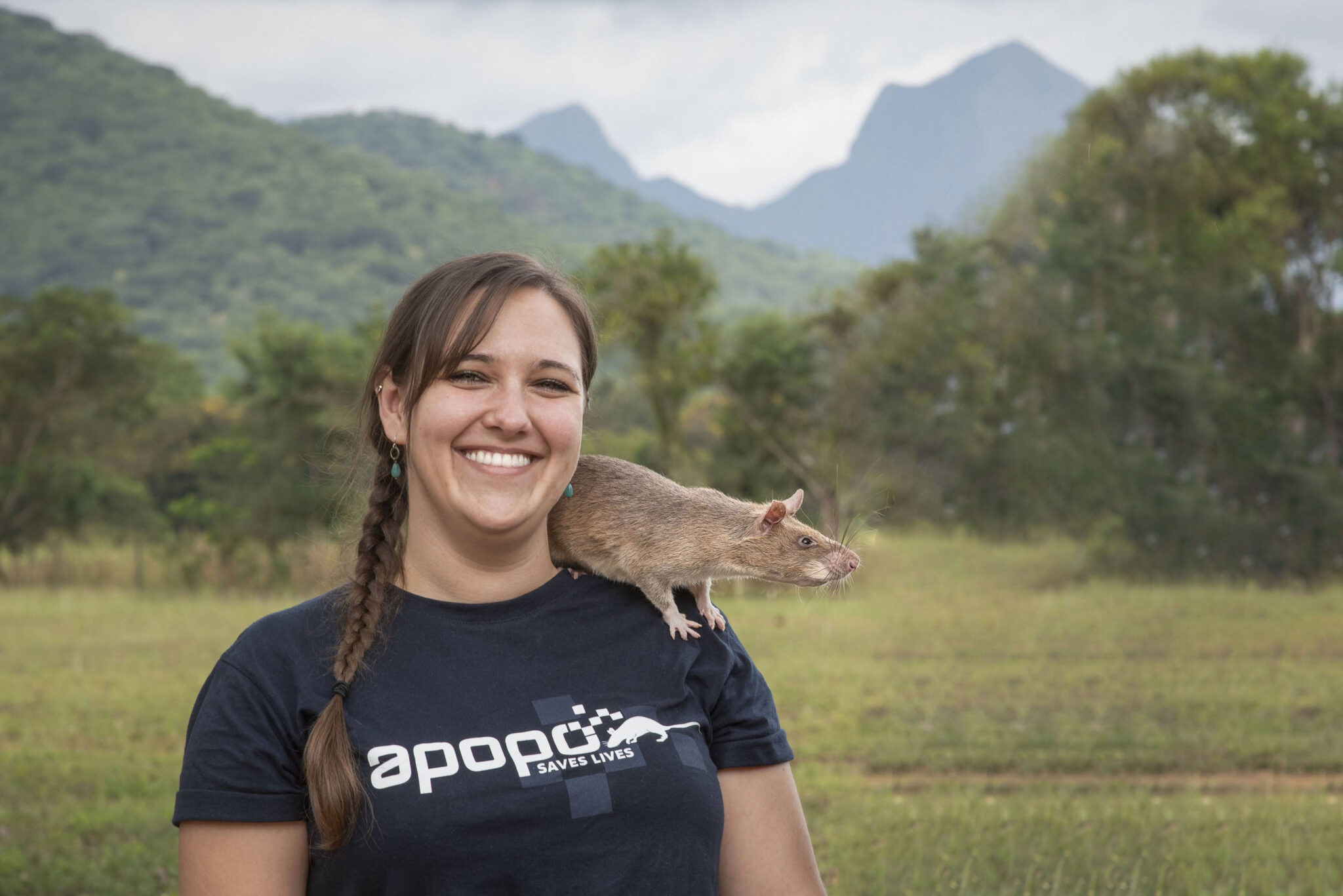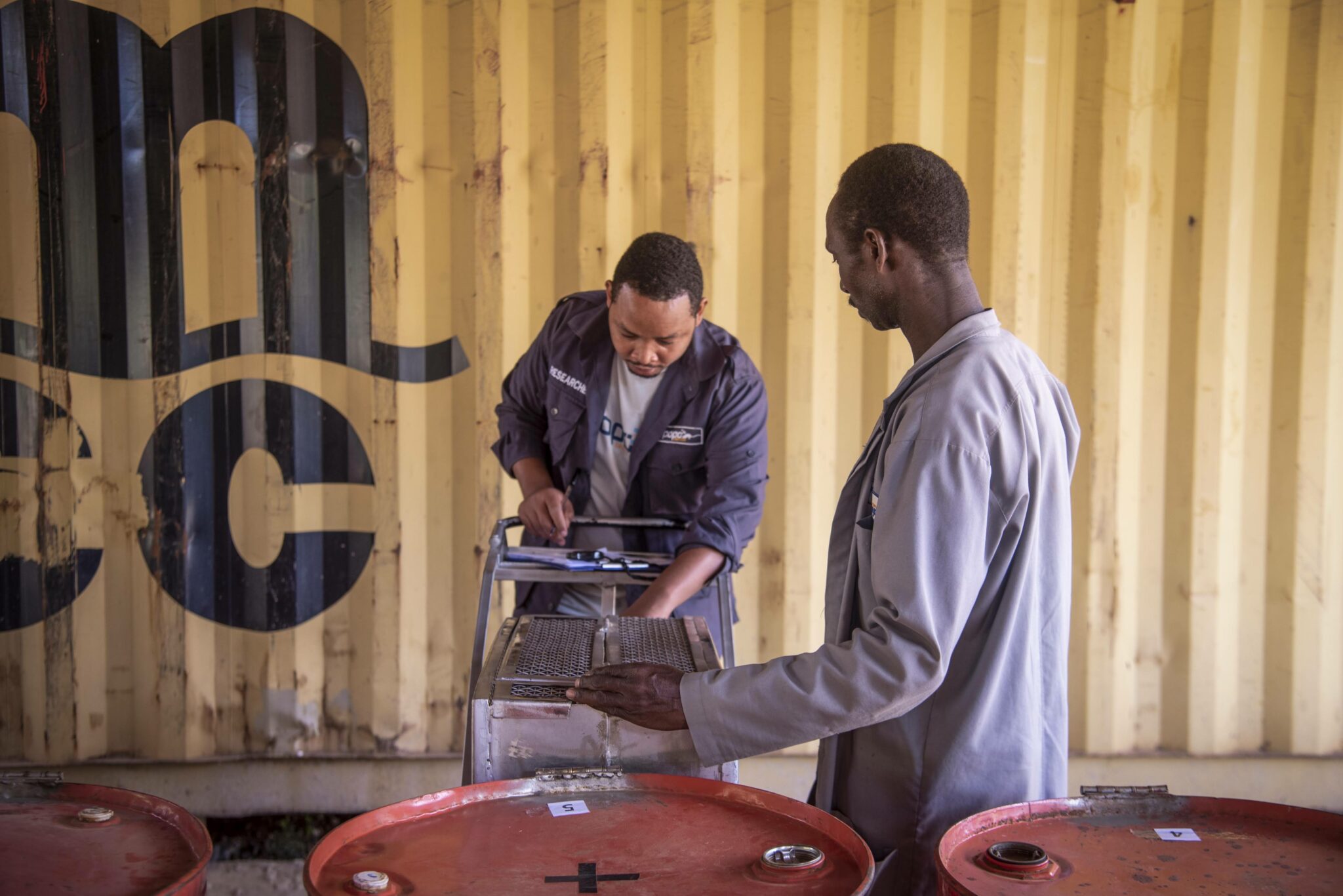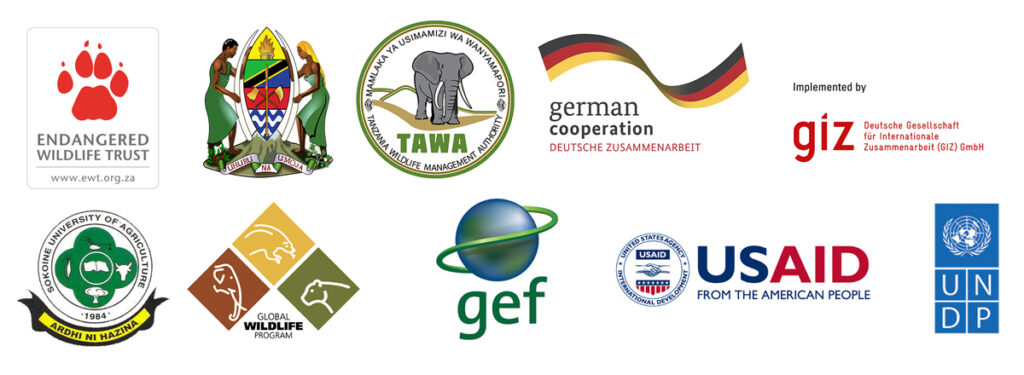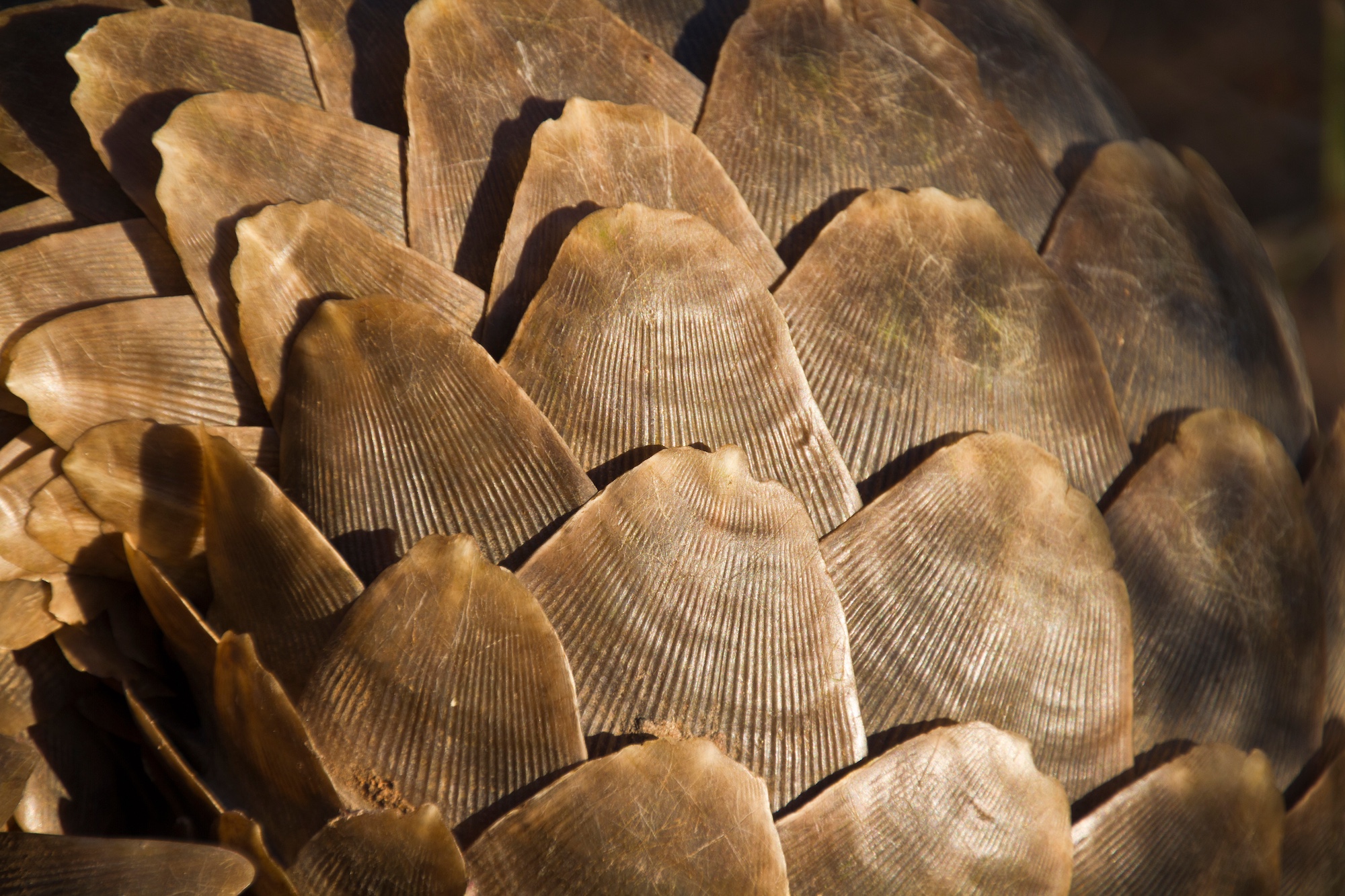On World Pangolin Day, February 17th, APOPO is showcasing the progress made in using its trained African giant pouched rats (HeroRATs) to fight illegal wildlife trafficking (IWT). The project is teaching the rats to sniff out illegally trafficked wildlife products in shipping port scenarios. One of the most important products the rats are being trained to detect are pangolin scales, taken from the most trafficked mammal in the world. APOPO’s innovative project demonstrates the potential of our HeroRATs to deter illegal wildlife smuggling.
World Pangolin Day, marked annually on the third Saturday of February, focuses on raising awareness about pangolins. These mammals are distinguished by their unique scales, which are highly valued in traditional Asian medicine and as luxury items, making them the most trafficked mammals globally. The illegal wildlife trade has led to their endangered status, highlighting the need for targeted conservation efforts.
Training Achievements
The Wildlife Detection team, based in Morogoro, Tanzania, currently have nine trained rats. Five of these are just a year old, but are already fully proficient in their skills to detect hidden pangolin scales and other wildlife products. These young rats work alongside the older ones in various environments, including open shipping containers and warehouses, attached to long leashes.

Project leader Dr. Isabelle Szott notes, “In just three years, our rats have progressed from working only in laboratory settings to detecting wildlife across four methods and environments. This highlights their versatility and the skill and dedication of our trainers and researchers.”
APOPO’s HeroRATs demonstrated their detection skills in a field trial at the Dar es Salaam seaport in Tanzania in 2023. The rats, known for their acute sense of smell and agility, were efficient at detecting planted wildlife products within the busy port environment. The success of the 2023 trial offers a promising approach that could significantly improve screening processes and emerge as a vital tool in combating IWT.
In collaboration with the Endangered Wildlife Trust (EWT) of South Africa, APOPO has been advancing this project. The trials, conducted early in 2023 with the Tanzania Wildlife Management Authority (TAWA) and the seaport’s Joint Port Control Unit (JPCU), aimed to leverage the HeroRATs’ exceptional olfactory skills to enhance the detection of trafficked wildlife products, such as pangolin scales. This initiative marks a pivotal step towards refining screening methods at ports to more effectively intercept illegally traded wildlife items.
Later this year, the Wildlife Detection team is planning further operational trials at the Dar es Salaam seaport and also intends to expand to the city’s airport, increasing the project’s potential impact against wildlife trafficking.
New Search Techniques and Facility Upgrades

We’ve added a technique using a mobile apparatus for targeted screening of items and containers, improving our detection capabilities.
Recent upgrades to our training facilities, including a new rain-proof roof, ensure training can continue year-round. Generous support of the American people through the United States Agency for International Development (USAID) and the German Corporation for International Cooperation (GIZ) has been crucial.
Our progress is thanks to our team’s hard work and the support of essential donors including USAID and GIZ. As we mark World Pangolin Day, APOPO remains dedicated to using our detection rats to protect wildlife, continuing our innovation, research, and collaboration to conserve pangolins and other endangered species.



